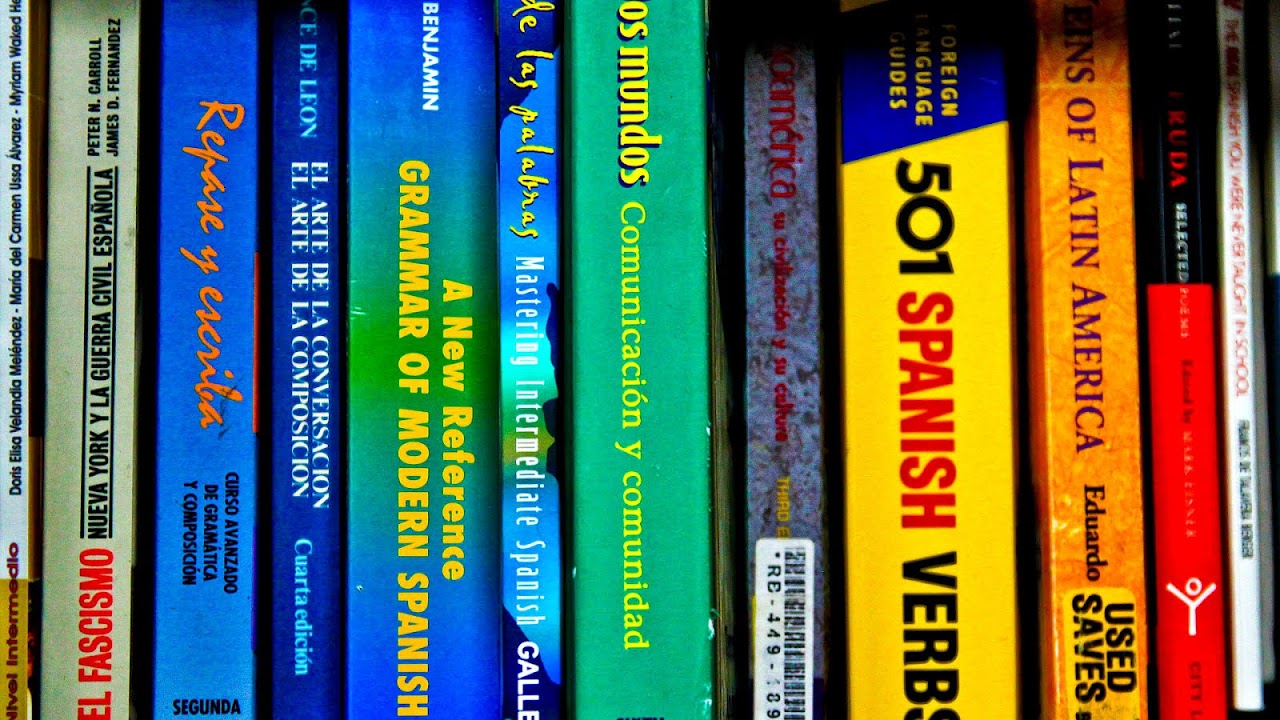

It's all about what you want to do with the language. Most people don't need to master all, or even most, of the levels. The levels are labeled A1, A2, B1, B2, C1, and C2, and they cover increasingly complex language needs. Supreme Court.Īt Duolingo, we use the Common European Framework of Reference for Languages (CEFR) to set goals for different proficiency levels when we design our courses. The number of words and kinds of grammar you need in order to arrange a weekend at the beach with your best friend are really different from the vocabulary and complex structures needed to write a dissenting opinion for the U.S. That's why it's so hard to decide what exactly it means to be "fluent" in a new language. Because learners often have particular goals in mind when studying a new language, what counts as success for one learner might look pretty different from the finish line for another. Rather than focusing on fluency as an end in itself, we believe in taking a more nuanced approach that relates to learners’ own goals.

We want to support all language learners in reaching their goals! That covers lots of sophisticated language skills, but we're not stopping there: we regularly add new content, improve alignment with international language guidelines, and develop new products to get you speaking and interacting. Right now Duolingo can get you pretty far: a 2020 study found that learners in Duolingo's Spanish and French courses performed as well on reading and listening tests as students who took four semesters of university classes - and in about half the time. Reaching that kind of proficiency requires dedication, varied practice opportunities, and a lot of time. You might aspire to "fluency," but "comfortable" might be what you're really getting at – and you can feel comfortable even as a beginner, depending on your goals! The language you need to travel as a tourist for a week is really different from the language needs of a professional in the workplace.Īt Duolingo, we're developing our courses to get you to a level called B2, at which you can get a job in the language you're studying. In fact, there's no test or language criteria for deciding if someone is "fluent," and language learning experts instead talk about proficiency. "Fluent" is a misleading way to measure how well you know a language, because it implies there is an endpoint to learning it.


 0 kommentar(er)
0 kommentar(er)
